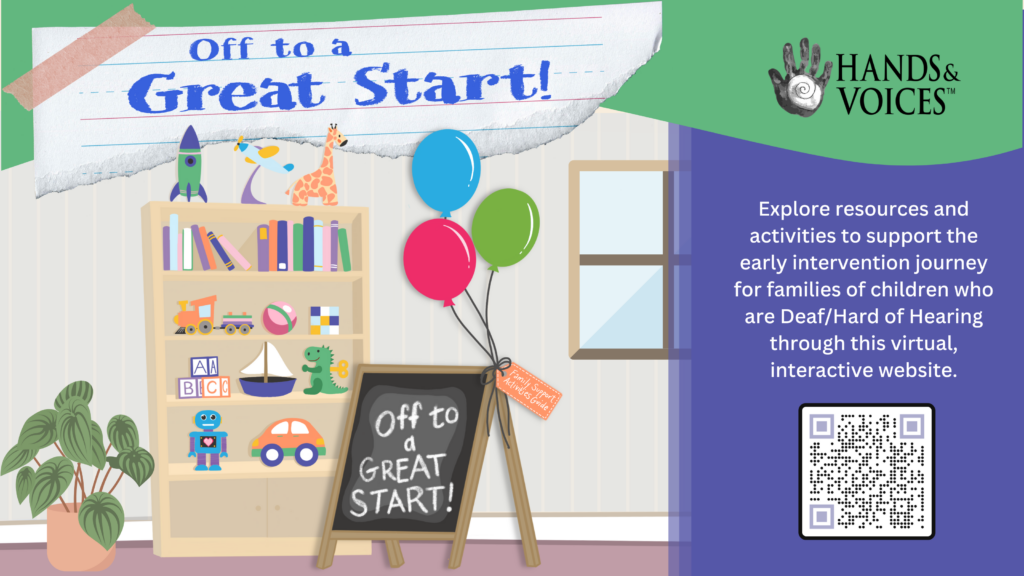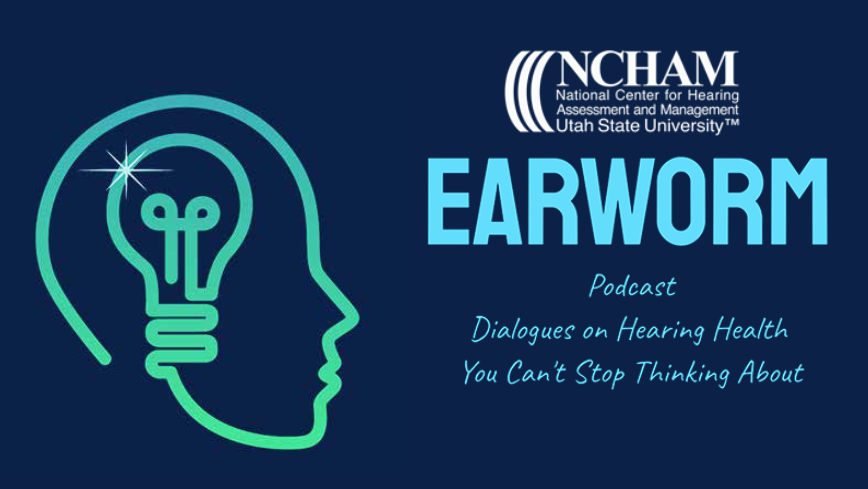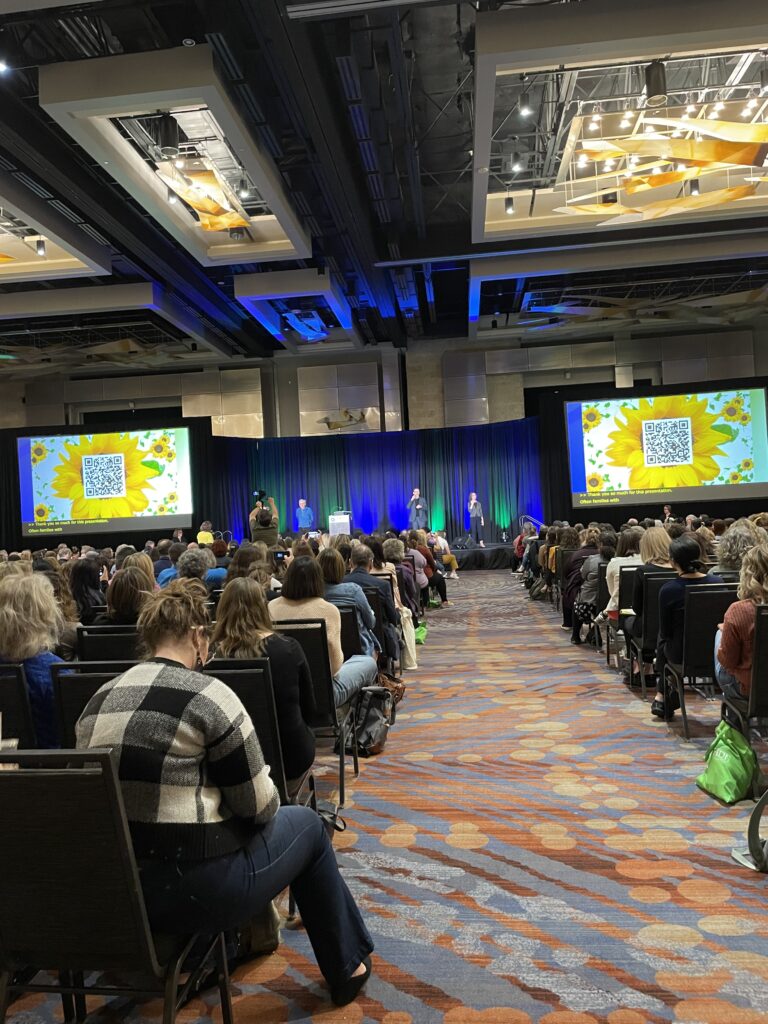https://13wham.com/news/local/rochester-deaf-kitchen-delivers-100000-pounds-of-food-in-six-months
All posts by nchamstaff
Milwaukee is introducing its new fire alarm system that is built for deaf and hard of hearing residents!
https://www.fox6now.com/news/fire-alarm-milwaukee-deaf-residents
Introducing Hands & Voices’ Off to a Great Start!
Explore resources and activities to support the early intervention journey for families of children who are Deaf/Hard of Hearing through this virtual, interactive website.
https://handsandvoices.org/great-start/

Check out this article about Chris Dodd, a theatre performer who is a part of the deaf and hard of hearing community. He is the founder of a national theatre festival called Sound Off which highlights deaf performers!
The Jeff Sauer International Deaf Hockey Series is happening right now! Check out this article for more info!
https://sports.yahoo.com/jeff-sauer-international-deaf-hockey-141903669.html
Awesome news! Newcastle United soccer team is introducing “sound shirts” for fans who are a part of the deaf and hard of hearing community!
Ryan Seslow, an artist and professor who a part of the deaf community, just unveiled his latest project: a wrap-around mural at a Starbucks in DC!
Earworm has just released a new dialogue on hearing health you won’t be able to stop thinking about.
This new episode is entitled, It’s Time to Educate Women about the Risks of Cytomegalovirus (CMV) During Pregnancy. This episode features a conversation with Megan Nix who is the author of Remedies for Sorrow, an investigative memoir published by Doubleday in 2023. Remedies for Sorrow was a PEOPLE Magazine Best Book of 2023 and an Amazon Editor’s Pick in Best Biographies and Memoirs. Megan’s work has appeared in the New York Times, the Boston Globe, the Washington Post, the Denver Post, and elsewhere. She is a mother of five (the second of whom was born deaf due to congenital CMV), and she divides her time between Colorado and Alaska where her husband is a fisherman. You won’t want to miss this practical and insightful discussion.
The Earworm podcast is available for streaming anywhere you listen to podcasts, as well as on www.earwormpodcast.org
The Earworm podcast features conversations with a wide array of professionals, family members, advocates, and scientists whose experiences, ideas, curiosities, and activities are helping to ensure that all children who are deaf or hard-of-hearing can thrive.

